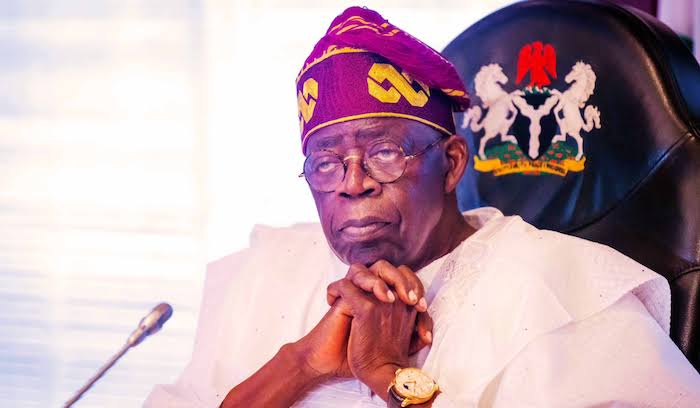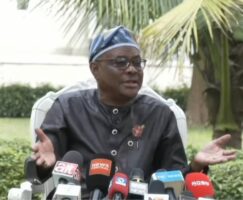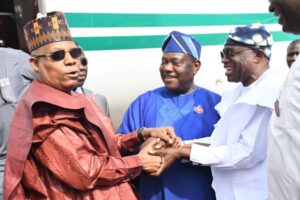The Minister of Information and National Orientation, Mohammed Idris, has said that the achievements recorded by President Bola Tinubu’s administration within two years in office are clear evidence of visionary and courageous leadership.
Speaking at the inaugural National Dialogue on Citizen Engagement and National Security, held in Abuja on Tuesday, Idris described the administration’s track record as “monumental”, citing sweeping reforms and bold policy actions that, he said, surpass those of any previous government in Nigeria’s democratic history.
Themed “One Voice, One Vision: Uniting Perspectives for a Stronger Nigeria”, the dialogue was organised by the Voice of Nigeria (VON) as a platform to align government policies with the real experiences of citizens.
“Just last week, we marked the second anniversary of President Tinubu’s administration with ample proof of its positive impact,” Idris said. “No preceding government has achieved what this administration has within two years.”
He highlighted key milestones, including the removal of fuel subsidy, reforms in the foreign exchange market, significant investments in infrastructure, the launch of a student loan scheme, and the establishment of CreditCorp to support youth access to credit.
The Minister noted that these reforms are beginning to yield results. “After a stormy start, food prices are falling, insecurity is being tackled, and local government autonomy is taking root,” he said. He also cited the creation of new ministries, such as the Federal Ministry of Livestock Development and those focused on regional development, as evidence of a new direction in governance.
“Voices across the nation are increasingly rallying behind President Tinubu – a man of vision and courage,” he added.
Emphasising the importance of trust and unity for national security, Idris said: “There can be no national security without national unity. And there can be no unity without trust between the government and the governed.”
He described the Renewed Hope Agenda as a people-centred framework that prioritises citizen engagement, stressing that every Nigerian “must feel seen, heard, and valued.”
The Minister also commended the Voice of Nigeria for transforming beyond a broadcaster into a key actor in national identity building. “Whether in Hausa, Yoruba, Igbo, or English – in Berlin or Birnin Kebbi – the voice of Nigeria must be heard and trusted,” he said.
Calling for synergy across government, media, civil society, and security agencies, Idris urged participants to “listen to one another, not talk at one another,” adding that Nigeria’s strength lies not in uniformity but in unity of purpose through diversity.
“We must leave this dialogue not just with ideas but with renewed commitment – to truth in media, equity in policy, transparency in governance, and compassion in our communities,” he said.
Dignitaries at the event included the Minister of Humanitarian Affairs and Poverty Alleviation, Prof. Nentawe Goshe Yilwatda; Chief of Defence Staff, General Christopher Musa; Corps Marshal of the Federal Road Safety Commission, Shehu Mohammed; Director-General of the National Press Council, Dr Dili Ezugha; and the Director-General of the National Orientation Agency, Malam Lanre Issa-Onilu.
Also in attendance were the President of the Nigerian Institute of Public Relations, Dr Ike Neliaku; former Chief of Army Staff, General Yusuf Tukur Buratai (rtd); and the Permanent Secretary of the Federal Ministry of Information and National Orientation, Mr Ogbodo Chinasa Nnam.





